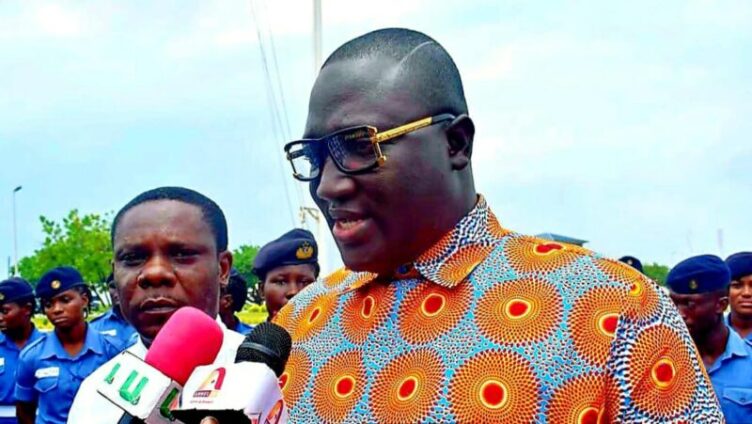The legislature plays a fundamental role in Ghana's governance system. By organizing annual public forums, it can engage citizens and educate them on its constitutional mandates, helping clarify misconceptions about the roles and priorities of members of parliament (MPs).
Such forums would enhance public understanding and create an open platform for dialogue on key national issues, such as the fight against illegal mining, known as galamsey.
Parliament functions as the backbone of governance, particularly in passing, amending, and enforcing laws that regulate society, including the executive branch.
Unlike the executive, which does not create laws, parliament holds the responsibility to legislate, holding government agencies accountable, including the president and ministers. This is demonstrated in the annual State of the Nation Address, where the president and his ministers, such as the finance minister, report to parliament and remain accountable to the legislature.
Parliament must also foster an environment that encourages citizen participation, addressing misconceptions about its role in national governance. Engaging citizens in an open dialogue would help restore trust and clear misunderstandings about the legislative process, such as the approval of national policies and the regulation of industries like mining.
In the fight against galamsey, parliament is pivotal. With 275 MPs across 16 regions, the legislative body can pass stricter laws under the Minerals Commission Act, the Environmental Protection Agency (EPA), the Ghana Maritime Authority, and the Ghana Navy.
These institutions are critical in protecting water bodies and curbing environmental degradation caused by illegal mining. Parliament is constitutionally bound to protect, preserve, and defend the nation, and should work collaboratively with security agencies to ensure the safety of Ghana’s natural resources.
Additionally, parliament must avoid partisan politics on national issues, particularly when addressing national crises like illegal mining. Instead, MPs should unite in solving disasters that impact livelihoods. By strengthening the roles of security institutions, such as the EPA, Ghana Navy, and judiciary, parliament can develop a strategic framework to end illegal activities that threaten the environment and the well-being of citizens.
Ultimately, parliament must fulfill its duty to protect the citizens and resources of Ghana, ensuring a more secure and prosperous future.
-
The author, Nana Kweku Ofori Atta is a Security consultant
Latest Stories
-
Prof. Gyampo condemns character assassination, urges national dialogue on Fake News
17 minutes -
EC knows NPP won’t partake in Ablekuma North election rerun – JFK
25 minutes -
Ablekuma North rerun: EC has a lot of questions to answer – Justin Kodua
30 minutes -
Two employees arrested for plotting company robbery in Accra
38 minutes -
R2Bees to headline 8th Shutdown All White Invasion Concert in Minneapolis
38 minutes -
Ningo chiefs reject claims of Igbo Kingdom in Old Ningo, urge Interior Ministry to investigate
41 minutes -
Ghana extends condolences to US over deadly Texas floods
59 minutes -
TT Brothers launches Uncle T Sweet Wines
1 hour -
Ghana’s insurance industry intensifies public education to build trust and boost coverage
1 hour -
Reduce interventions in the forex market – IMF to Bank of Ghana
2 hours -
Hearts of Oak withdraw from pre-season competition in Lagos
2 hours -
Scholarships Authority Bill goes before Parliament, targets eliminating cronyism and nepotism
2 hours -
Engineers & Planners defends $100m Azumah gold mine acquisition, dismisses political claims
2 hours -
Why Ghanaian music struggles to get paid and played
2 hours -
FIFA Club World Cup: Miami’s defense comes undone against high-flying PSG side
2 hours

